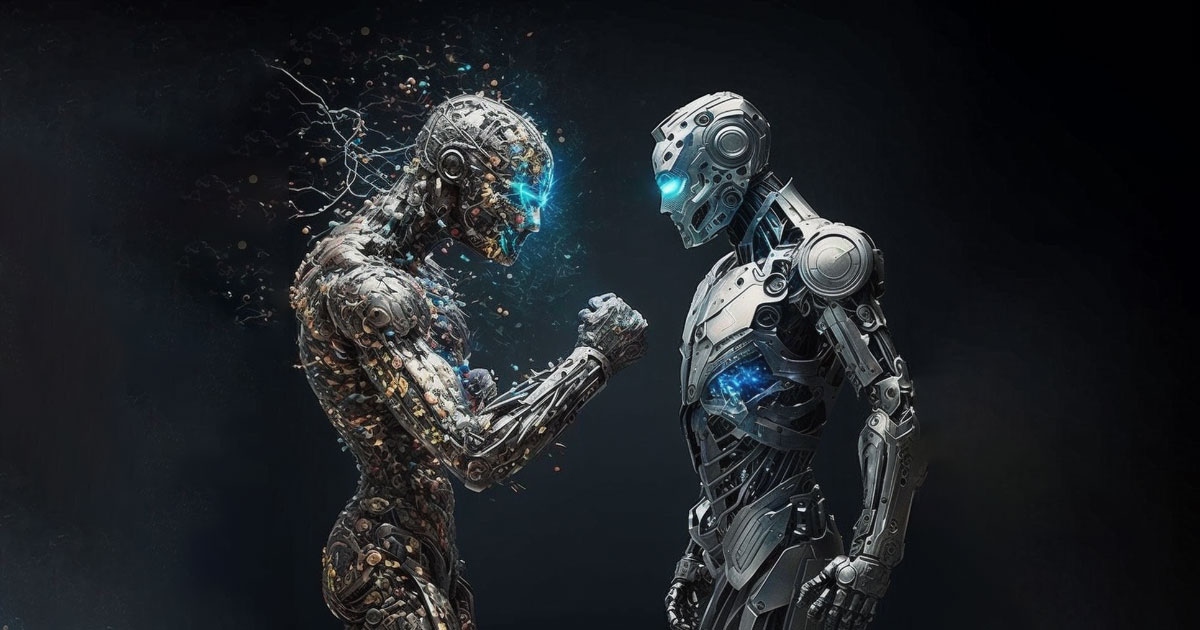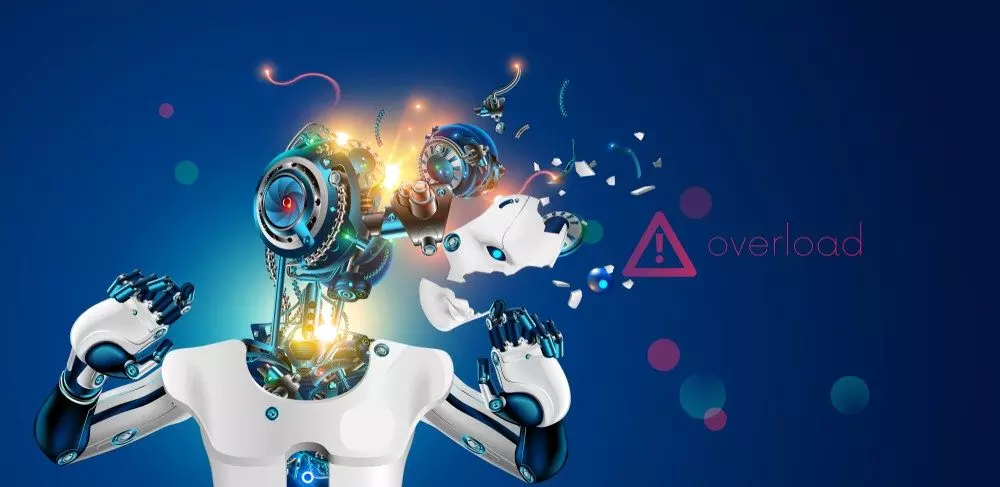Comments
- No comments found

The Internet Watch Foundation (IWF) has revealed a deeply concerning trend in the dark corners of the internet.
Paedophiles are now using artificial intelligence (AI) to generate explicit images of children, including celebrities as minors.
The latest IWF report provides chilling details of how some AI-powered systems are being misused to create harmful content, which has ignited a global conversation about the dangers associated with these technologies. As AI image generation tools have become more accessible, researchers and law enforcement agencies have warned about their potential for misuse. This article sheds light on this harrowing issue and its real-world consequences.

The IWF's latest report exposes a growing problem, as it endeavors to raise awareness about the dangers of paedophiles exploiting AI systems capable of creating explicit content from text instructions. Since the emergence of powerful AI image generators, researchers and authorities have expressed concerns about their potential misuse. This report highlights a disturbing revelation: images of child actors are being manipulated to create explicit content, and even celebrities are not spared from this horrifying trend.
In May, Home Secretary Suella Braverman and US Homeland Security Secretary Alejandro Mayorkas issued a joint statement, committing to combat the "alarming rise in despicable AI-generated images of children being sexually exploited by paedophiles."
The IWF's report provides a glimpse into the sinister underbelly of the internet, where researchers spent a month logging AI-generated imagery on a single darknet child abuse website. Shockingly, they found nearly 3,000 synthetic images that would be illegal under UK law. Analysts observed a new trend where predators took single photos of real child abuse victims and recreated numerous versions, placing them in different explicit settings.
One particularly distressing example reveals a folder containing 501 images of a real-world victim who was around 9-10 years old when subjected to sexual abuse. The folder also included a fine-tuned AI model file, allowing others to generate even more images of her. This chilling revelation demonstrates the scale of the issue, with predators using AI to multiply the harm inflicted on young victims.
Some of the AI-generated content discovered is so realistic that it would be nearly indistinguishable to untrained eyes. These deviously crafted images feature mostly female singers and movie stars who have been artificially aged down to resemble children, all accomplished through imaging software. While the report does not specify which celebrities were targeted, it serves as a stark reminder of how technology can be used to exploit the vulnerable.
Although these AI-generated images don't directly harm children, they normalize predatory behavior and strain law enforcement resources as they investigate fictitious victims. The implications of this technology are staggering and raise new challenges for law enforcement agencies. For instance, the IWF discovered hundreds of images depicting two girls whose innocent photos from a non-nude modeling agency had been manipulated into Category A sexual abuse scenarios. In reality, these girls are now victims of non-existent Category A offenses, presenting a complex legal issue.
As AI continues to advance, the dark web becomes a breeding ground for those seeking to exploit AI's capabilities for sinister purposes. Legal challenges around AI-generated content are only beginning to emerge. Law enforcement agencies face the daunting task of identifying and combatting AI-generated explicit content while navigating uncharted legal territory. Public awareness and government intervention are crucial to address this growing problem and protect children from further harm.

The IWF's report is a stark reminder of the urgent need to address the misuse of AI for generating explicit content. This issue has far-reaching consequences, from normalizing predatory behavior to the waste of law enforcement resources. The world must collectively take action to combat this growing threat and protect the most vulnerable among us. As AI technology continues to advance, the need for comprehensive legislation and law enforcement strategies has never been more critical. We must ensure that the benefits of AI are not overshadowed by the dark side of its capabilities.
Leave your comments
Post comment as a guest